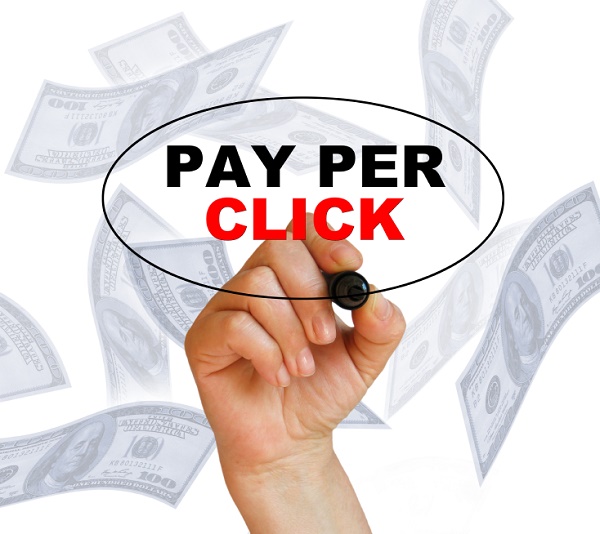5 PPC Advertising Tips to Save Money for Your Practice

Imagine you own an audiology practice and a patient sits down at their computer. Using Google search, they type “audiologist” in your practice’s area. The search results are returned and your practice is displayed prominently in an ad along the top of the search results.
The patient clicks your ad, visits your website, and books an appointment. For a very small fee, you’ve just acquired a new patient.
That’s the intent of Pay-Per-Click (PPC) advertising, and the appeal is obvious.
The problem is, while PPC advertising can be one of the most cost-effective ways to get new patients calling almost immediately, it can also be one of the fastest ways for your practice to lose money.
Target the wrong keywords, attract the wrong search traffic, or write the wrong ad copy and you’re paying for clicks that lead to nowhere.
That’s why we’ve put together these five medical PPC advertising tips to help your practice save money—and attract more patients.
1. Target the Right Keywords
Keywords are the foundation of your PPC campaign, but it’s not just a matter of picking a few words and phrases and moving on. As an example, say you want to target the keyword “audiologist,” but you provide hearing care services to adults only. In this case, you probably won’t want to pay for traffic coming from searches for “pediatric audiologist.”
Luckily, Google allows you to specify which keywords, phrases, and variations to target and which to exclude, so that you’re only paying for qualified leads.
2. Use Negative Keywords
Negative keywords are words or phrases that will not trigger an ad when they’re searched for. For example, you can specify that no ads be displayed for the keyword phrase “audiologist job,” knowing that this phrase isn’t relevant to your website and services. By using negative keywords, you’ll ensure that anyone performing this search will never see your ad.
3. Improve Your Quality Scores
Did you know that Google actually judges and ranks your performance for each keyword?
You’ll receive a Quality Score of 1-10 for each keyword, which is based on the quality of your ads and landing pages. Having a high Quality Score indicates that Google views your ads and landing pages as relevant and useful to someone searching for that particular keyword.
Quality Scores can be found in your Adwords dashboard. You can increase your Quality Score for each keyword by optimizing your PPC ad copy, optimizing your landing pages, and ensuring the relevancy of your keywords to your ads and landing pages.
4. Optimize Your Landing Pages
Optimizing your landing pages is beneficial for two reasons: 1) it will improve your Quality Scores, and 2) you’ll convert more sales and increase your click-through-rates.
What can you do to improve your landing pages? Start by ensuring that your page has relevant and persuasive copy, search-friendly titles and descriptions, and fast load times.
5. Run Split-Testing Often
The great thing about PPC advertising is the constant, real-time feedback you get on the performance of all of your ads. This makes it incredibly easy to run different sets of ad copy at the same time. Then, you can see which ads perform best, which you should drop, and which should be modified. Repeating this process over time will raise your click-through-rates and lower your overall costs.
Is your PPC advertising optimized to attract the most patients at the lowest cost?
The PPC experts at MedPB can help you target the right keywords, avoid the wasteful ones, and optimize your Quality Scores for the best results.
Talk to us to discover how many more patients you could be seeing each month with PPC advertising.





